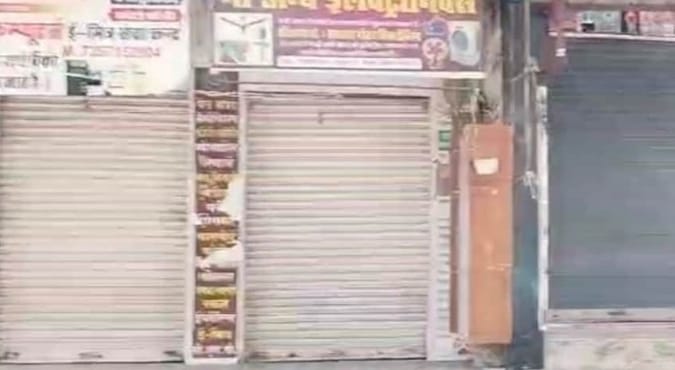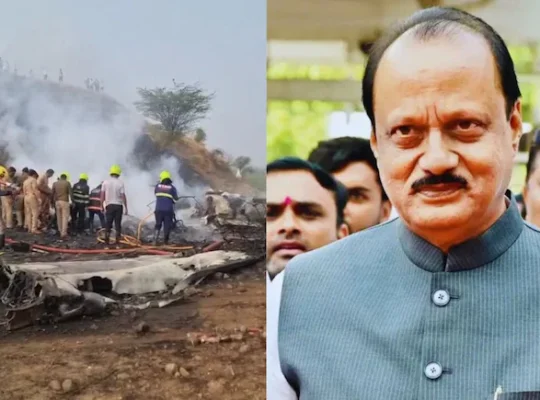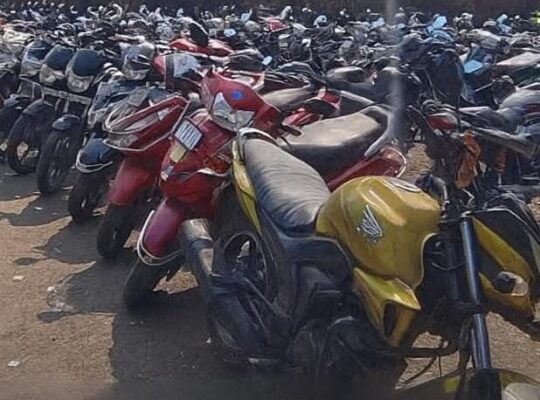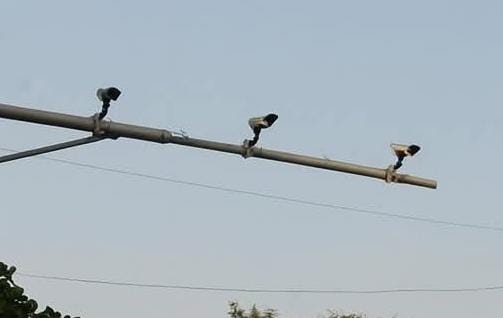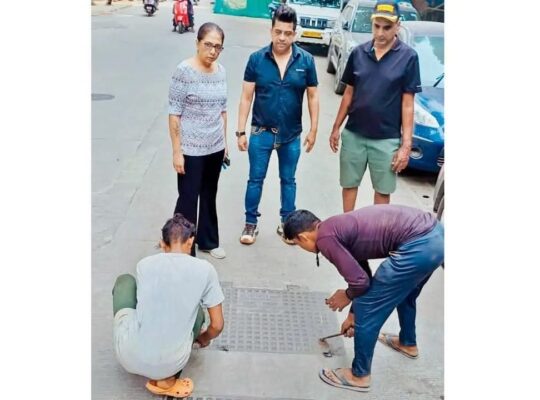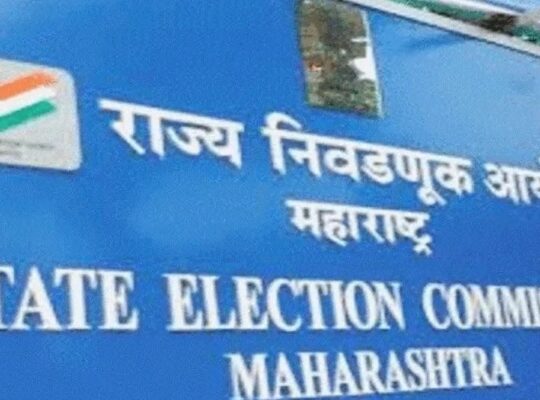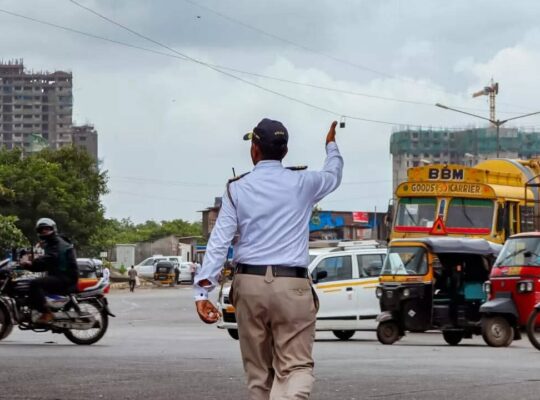A massive general strike—dubbed the “Bharat Bandh”—is set to sweep India on Wednesday, July 9, as ten major central trade unions join forces with farmers’ and rural worker organizations. Over 25 crore (250 million) workers from sectors including banking, insurance, postal services, coal mining, highways, construction, transport, and more are expected to participate .
The protest is a response to what organizers describe as the central government’s “anti-worker, anti-farmer, pro-corporate” policies . Disruptions are expected mainly in public services such as transportation, post offices, and administrative departments.
Despite the scale of the strike, most essential services—including banks, schools, colleges, government offices, petrol pumps, hospitals, and emergency services—are anticipated to remain open, though commuters may face transport slowdowns and delays .
Key Points:
What: Nationwide strike by over 25 crore workers calling for better labor rights and protesting government policies favoring corporates.
Who: Ten central trade unions, plus farmers and rural laborers.
Expected impact: Possible slowdowns in public transport, mail services, coal, mining, and infrastructure projects.
Services likely open: Banks, schools, colleges, government and private offices, petrol pumps, healthcare, and emergency services—but operations may slow due to staff shortages or transport issues.
Advice to public: Plan ahead for potential travel delays or detours; essential commutes may take longer than usual.
This “Bharat Bandh” marks one of the largest labour protests in recent years, signalling deep displeasure over current economic and labor policies.

